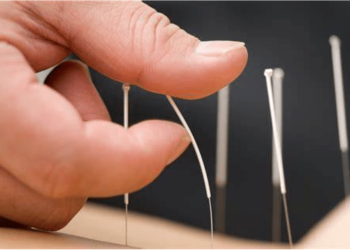TV tobacco commercials have been forbidden since 1971. Smoking sponsorships of athletic events and concerts, as well as advertising and marketing practices targeting children under 18, have all been banned since 1998. Still, youngsters encounter tobacco and e-cigarette commercials. According to a study from Washington University School of Medicine in St. Louis, 79 percent of teenagers saw tobacco commercials in 2020, and 68 percent saw e-cigarette ads. The study discovered that most exposures came from marketing in stores and online.
Policies exist, but they are difficult to implement and regulate,” said main author Xiao Li, MA, of the Washington University School of Medicine’s School of Psychology. The study used data from 139,795 teenagers aged 11 to 19 who took part in the National Youth Tobacco Survey. Addiction is less likely to occur once the brain develops, according to Mary Coyne of Tobacco Free Amarillo in Texas. “It is particularly cruel to addict young people to a commodity known to cause dreadful diseases, death, and poverty.”
8 of the Best Advertising Agencies in Delhi/ NCR
“Advertising works,” he said. “Greed may be fatal in the hands of greedy people.”
What to do?
The study concluded that more regulation of cigarette advertising, particularly in retail and online, is required.“Online tobacco ads must be restricted by strict policies. ”Online tobacco content shouldn’t be easily accessible to kids, especially if it promotes tobacco and e-cigarette use,” stated Li. Researchers urged more research on tobacco advertising’s impact on teen vaping and smoking. According to Patricia Folan, RN, CNP, CTTS, director of Northwell Health’s Center for Tobacco Control, the state of New York has banned tobacco advertising at pharmacies, but there is “no regulation whatsoever” on social media marketing.
Influencers and entertainers using or pushing e-cigarettes is a major issue, according to Folan. The use of e-cigarettes is easily shared by social media influencers, particularly young teens. Social media-generated content can have a big impact on drug usage attitudes and actions. To help kids’ health, we shouldn’t over-regulate individuals on social media, but we should put in place well-educated, effective, and ethical restrictions. Folan advises parents to watch their children’s social media use and talk with them. “They don’t get that e-cigarettes aren’t healthy or helpful for them. It can be as unhealthy as cigarettes,” she warned.























